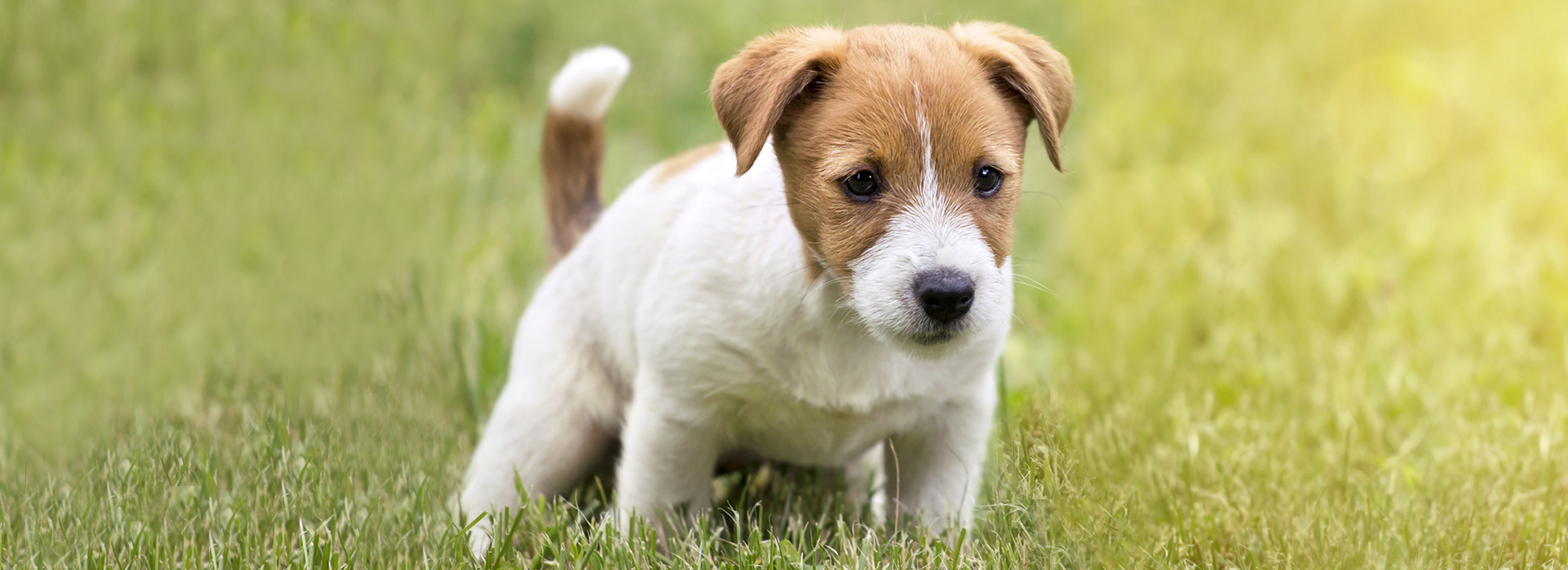
ASK DR. CHIP - AUGUST EDITION
Want to be featured in next month’s newsletter? Email our very own Dr. Chip at [email protected] and make sure you reference ‘Ask Dr. Chip’ in the subject line.
About Dr. Chip
Dr. Chip Coombs is Pets Plus Us’ Chief Veterinary Officer (CVO), and has practiced veterinary medicine since 1976, initially in the United Kingdom, then in Western Canada and, finally, in Toronto, where he owned a multi-veterinarian practice for 33 years.
Question:
Hi Dr. Chip!
I’ve heard that I can use Essential Oils to help my cats with anxiety. Which oils should I use and how should I apply them? Can I use the same oils I buy for myself?
Thank you kindly,
Kim
Answer:
Hi Kim,
As you undoubtedly know, there are a large number of essential oils available. They are concentrated from a wide variety of plants and their scent is commonly used as aromatherapy for the "treatment" of different human conditions. Without getting into whether or not there is sufficient science to support their use in people, let alone pets, some may feel sufficiently strongly about the positive effect of these oils on themselves, that they may want to consider their use on a dog or cat that may seemed particularly stressed for any variety of reasons.
My advice would be to avoid all of them in any form when it comes to cats. Cats livers are very different from other species and although aromatherapy is practised by some veterinarians on dogs, it is universally agreed to avoid it with cats. Their livers lack a number of enzymes needed to detoxify these oils, if they were ever to come in contact with a concentrated form. If a cat were to briefly nibble on lavender or rosemary in the garden, for example, it’s quite unlikely to do any harm. However, if one were to place a drop or two of the essential oil derived from wintergreen (or any one of many such oils) on a cat, the result could be lethal. Not all essential oils are toxic to cats, but the list of those that are is extensive and because there isn't a lot of science to support their use as a calming agent in cats, it isn't worth taking the risk.
You can find more information through the following links:
http://www.petpoisonhelpline.com/blog/essential-oils-cats/
Hope this helps,
Dr. Chip
Question:
Dr. Chip,
Our puppy is 9 weeks old and is doing very well with bowel movements with training, and does piddle outside quite often, but will also piddle in the house. He can go from 10:00 at night until 6:00 in the morning in his kennel without an accident, is it normal for him to have to go to piddle so often during the day?
Thanks,
Rob & Pam
Answer:
Hi Rob & Pam,
Congratulations on the new family member. If your puppy is going through the night from 10:00 to 6:00 a.m. at 9 weeks, you have a super star on your hands! To answer your question directly, yes, it is quite normal for a puppy to want out or need to urinate every 2-3 hours during the day, while taking on the persona of a camel at night. In most cases, the water has been restricted from 7:00 p.m. onwards and so when they finally crash at night after a busy day, there is little water making its way through " the system". No doubt the very first thing your puppy wants to do when they wake up is to rush outside and have a pee. During the day pups are very active and have free access to water, plus the moisture in the food. So, what goes in, must come out. Puppies that are active during the day would certainly urinate more often than those that were inactive. The amount of urine produced might be similar, but active puppies would tend to urinate smaller quantities more often vs. larger amounts less often. The one caveat I should add is that if you ever notice any blood in the urine, or your puppy is urinating more frequently than usual, or your puppy is straining to urinate, and no urine is coming out, then something is amiss, for example, a bladder infection. In such a circumstance, you would need to visit your veterinarian.
There are a lot of new puppy owners who would love your present experience. Well done!
Cheers,
Dr. Chip
